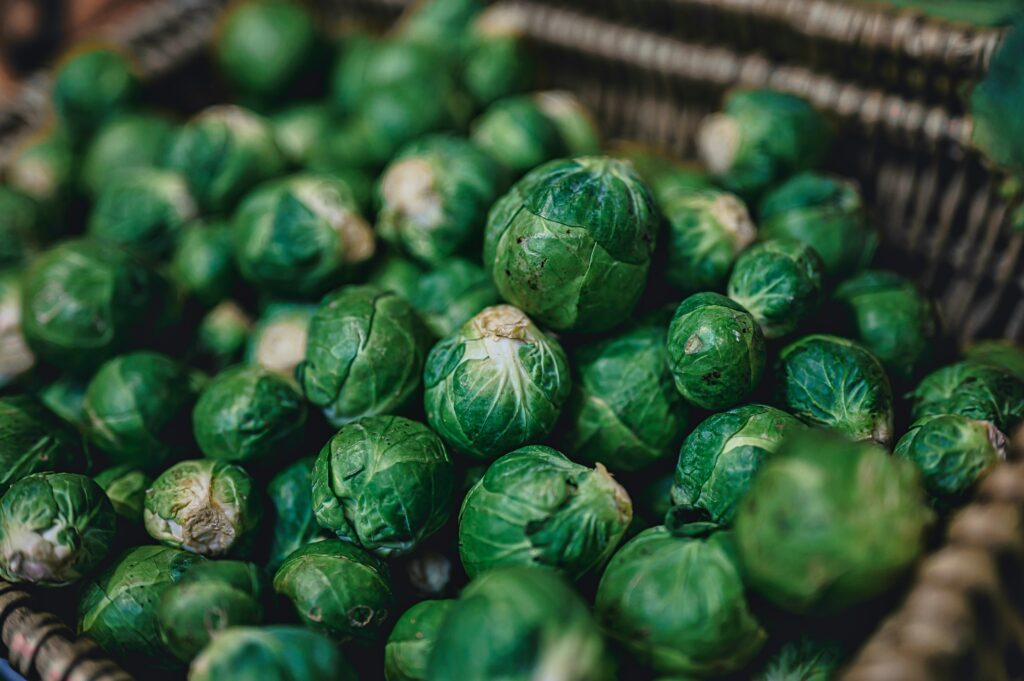From the CO2Science archive: This staple of summer picnics, technically known as Cucumis melo L., has been shown to love CO2. CO2Science reports on 4 experiments between 1990 and 2020 that exposed it to extra CO2. An extra 300 ppm yielded an average gain of 8.3% in biomass, an extra 600 ppm yielded a gain of 13.7% and an extra 900 ppm yielded a gain of 34.3%. So next summer if you think the cantaloupes in the grocery store look a bit bigger and healthier than before, now you know why.
See Comments 
Percent dry weight (biomass) increases for 300, 600 and 900 ppm increases in the air's CO2 concentration for cantaloupe
11 Dec 2024 | Science Notes


